INDIANAPOLIS—Following the State Budget Committee’s two-day hearings, State Senator David Niezgodski (D-South Bend) emphasized the need for targeted investments in education, healthcare and social services as Indiana faces a tight budget.
“After reviewing the revenue forecast and hearing from Indiana’s top agencies, it’s clear we must prioritize funding programs that provide our children with growth opportunities and protect our most vulnerable,” Niezgodski said. “We must make sure that those dollars are being spent on programs that would provide our children with the greatest growth opportunities possible. We need to set Hoosiers up with the necessary support to give them the best outcome possible.”
During the hearings, the Family and Social Services Administration reported growing waitlists for services, including community and home-based services for seniors under the Pathways waiver program and access to child care under the CCDF voucher program. The Department of Child Services highlighted concerns about high staff-to-case ratios and insufficient resources for child welfare programs. Additionally, the Department of Health reported that 42 counties in Indiana lack obstetric units, 17 counties have no hospitals and six more facilities are closing their obstetrics departments.
“Healthcare access, especially for pregnant women and vulnerable populations, is a primary responsibility of state government,” Niezgodski said. “We cannot turn a blind eye to preventable deaths or the growing need for child welfare support. Our children and families deserve better.”
Niezgodski responded to FSSA’s desire to set limits on Applied Benefit Analysis, “You simply cannot apply a single limit threshold of care upon Hoosiers that have been diagnosed with Autistic Spectrum Disorders. Hoosiers needing continuous treatment who fall within the spectrum have an immense degree of varying needs and FSSA’s desire for this waiver amendment today is at the very least short-sighted.”
The revenue forecast projects modest growth of 4.5% in fiscal year 2025, slowing to 3.3% in 2026 and just 0.3% in 2027. While individual income tax revenue is expected to grow, declines in corporate tax contributions raise concerns about funding stagnation for essential state programs.
“This revenue forecast calls for cautious and focused decision-making that is targeted toward the highest priorities,” Niezgodski said. “Every missed opportunity to invest in education, healthcare and human services is a disservice to Hoosiers. The well-being of our families and communities must be at the forefront of our budget decisions.”
Niezgodski urged his colleagues in the General Assembly to prioritize policies that close gaps in access to critical resources, ensuring Indiana’s families and future generations thrive.


